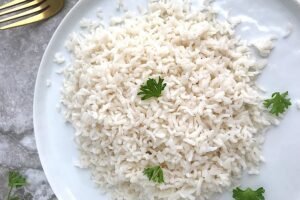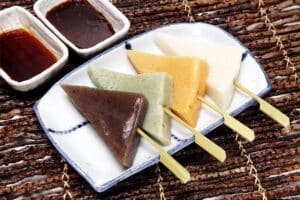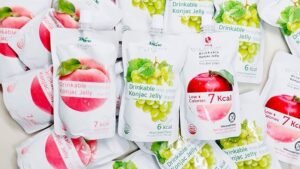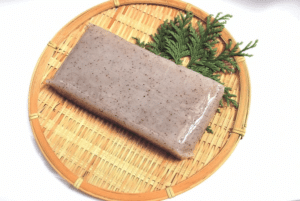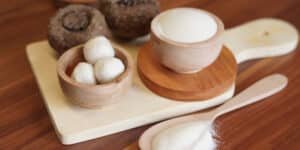
Konjac Fiber: Exploring the Health Benefits
- Andrew Yang
- 5 3 月, 2024
- 10:15 上午

Table of Contents
Konjac fiber, derived from the root of the konjac plant (Amorphophallus konjac), has gained considerable attention in recent years for its numerous health benefits and versatile applications. This soluble fiber, known for its unique gel-like texture and minimal calorie content, has become increasingly popular among health-conscious individuals seeking natural dietary supplements.
One of the primary reasons for konjac fiber’s surge in popularity is its ability to support various aspects of health and wellness. From aiding in weight management to promoting digestive health and regulating blood sugar levels, konjac fiber offers a range of benefits that appeal to individuals looking to improve their overall well-being.
Moreover, konjac fiber’s versatility makes it a valuable addition to any diet. It can be incorporated into a wide array of recipes and food products, including noodles, rice, snacks, and supplements. Whether used as a thickening agent in sauces and soups or as a low-calorie alternative to traditional carbohydrate-rich foods, konjac fiber provides a convenient and effective way to boost fiber intake and support health goals.
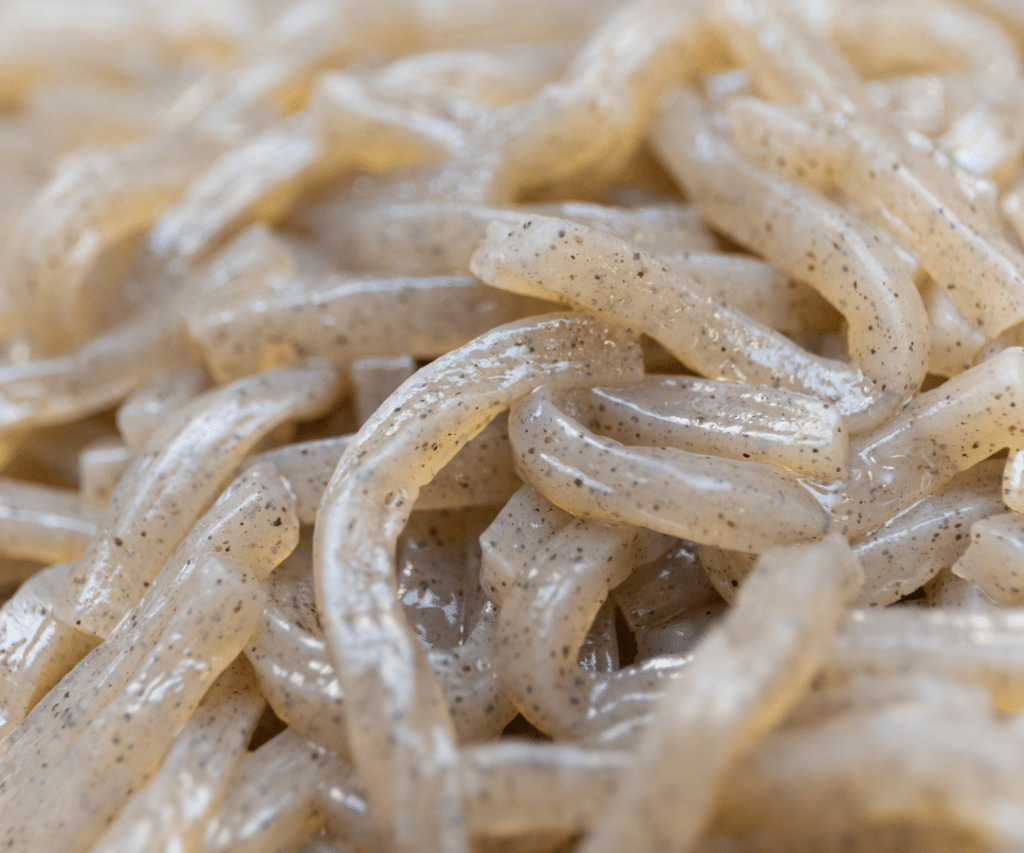
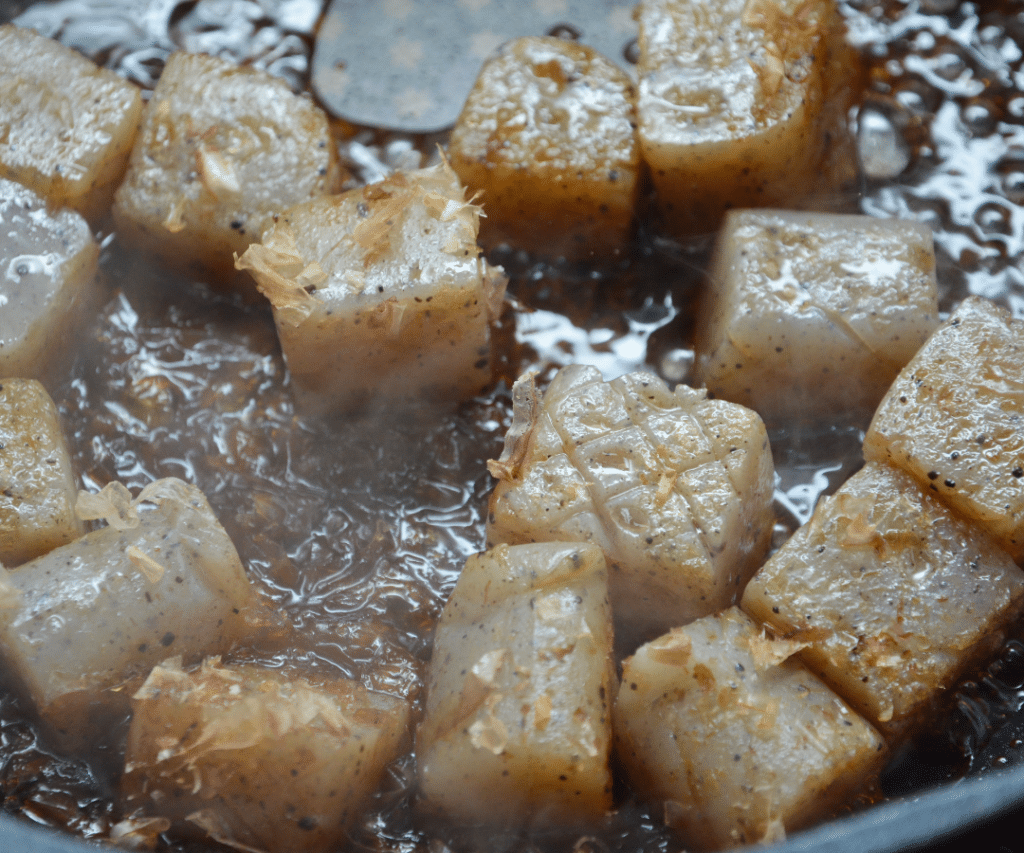
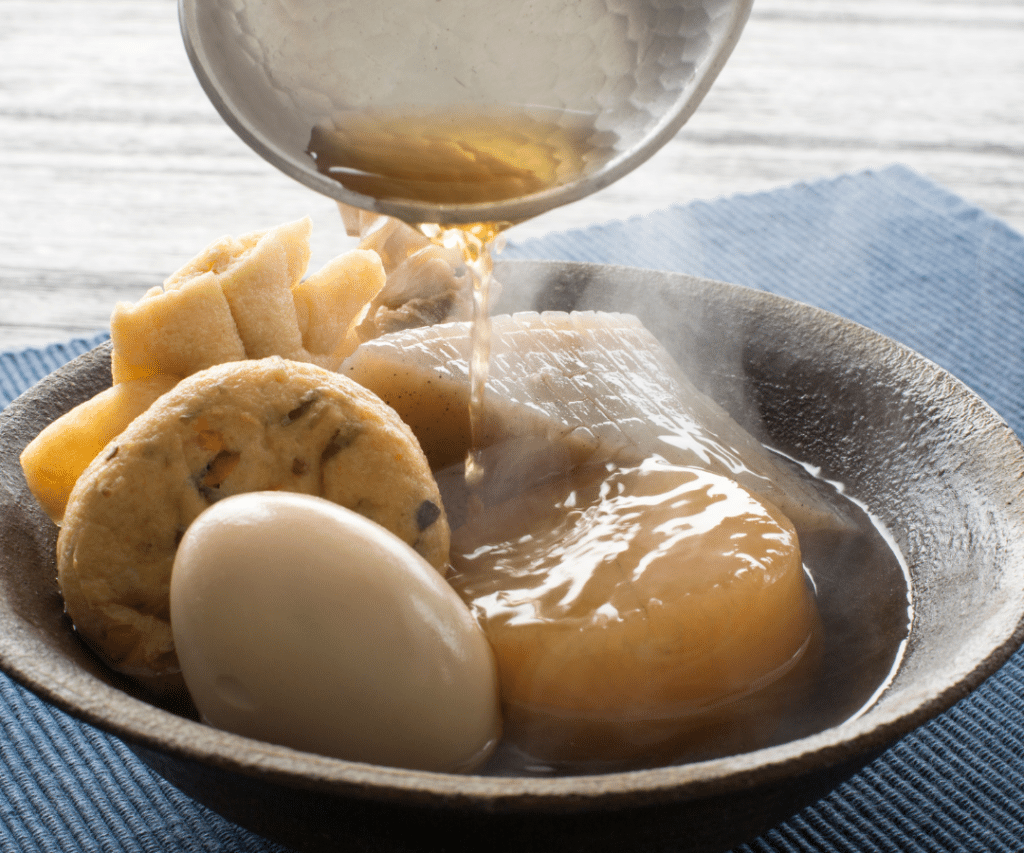
Understanding Konjac Fiber
Extraction Process and Source
- Konjac fiber is derived from the root of the konjac plant (Amorphophallus konjac), primarily grown in East Asia.
- The fiber is extracted from the konjac plant’s tuberous root through a process that involves grinding the root into a fine powder and then mixing it with water to form a gel-like substance.
- This gel is then dried and processed into various forms, including noodles, supplements, and thickening agents.
Nutritional Composition
- Konjac fiber is predominantly composed of glucomannan, a soluble dietary fiber known for its water-absorbing properties.
- Glucomannan makes up the majority of konjac fiber’s nutritional content, accounting for its high soluble fiber content.
- In addition to glucomannan, konjac fiber may contain small amounts of other nutrients such as minerals and trace elements.
Unique Properties
- Highly soluble: Konjac fiber has the ability to absorb large amounts of water, forming a gel-like substance in the digestive tract.
- Low calorie: Despite its high fiber content, konjac fiber is virtually calorie-free, making it a suitable option for individuals looking to manage their calorie intake.
- Viscous and gel-forming: Konjac fiber’s gel-like consistency contributes to feelings of fullness and satiety, which may help control appetite and promote weight loss.
- Prebiotic effects: Konjac fiber acts as a prebiotic, nourishing beneficial gut bacteria and promoting a healthy gut microbiome.
Health Benefits
Regulation of Blood Sugar Levels and Support for Diabetes Management
- Konjac fiber’s gel-like consistency slows down the digestion and absorption of carbohydrates in the digestive tract.
- This results in a gradual release of glucose into the bloodstream, helping to prevent rapid spikes in blood sugar levels after meals.
- By promoting more stable blood sugar levels, fiber may aid in the management of diabetes and reduce the risk of complications associated with hyperglycemia.
Promotion of Digestive Health and Relief from Constipation
- Konjac fiber acts as a bulking agent in the digestive system, adding bulk to stool and promoting regular bowel movements.
- Its gel-forming properties help soften stools and facilitate their passage through the intestines, providing relief from constipation.
- Additionally, fiber may help maintain a healthy balance of gut bacteria and promote overall digestive health.
Aid in Weight Management and Appetite Control
- Konjac fiber has been shown to increase feelings of fullness and satiety due to its ability to absorb water and form a gel in the stomach.
- By promoting feelings of fullness, fiber may reduce calorie intake and support weight loss efforts.
- Additionally, konjac fiber’s low-calorie content makes it a suitable addition to weight loss diets, allowing individuals to increase their fiber intake without significantly increasing calorie intake.
Potential Reduction of Cholesterol Levels and Support for Heart Health
- Some studies suggest that konjac fiber may help lower LDL cholesterol levels, often referred to as “bad” cholesterol.
- The soluble fiber in forms a gel in the digestive tract, which binds to cholesterol and bile acids, preventing their absorption and promoting their excretion.
- By lowering LDL cholesterol levels, fiber may help reduce the risk of cardiovascular disease and support heart health overall.
Incorporating Konjac Fiber into Your Diet
Practical Tips for Adding Fiber to Meals and Recipes
- Start by incorporating konjac fiber gradually into your diet to allow your digestive system to adjust.
- Add fiber-rich foods like konjac noodles, rice, or snacks to your meals as substitutes for higher-calorie, lower-fiber options.
- Mix fiber powder or flour into sauces, soups, or smoothies for an added fiber boost without significantly altering the taste or texture of your dishes.
- Experiment with fiber in baking recipes by replacing some of the flour with konjac flour for added fiber content.
Creative Ways to Include Fiber in a Balanced Diet
- Use konjac noodles or rice as a base for stir-fries, salads, or grain bowls for a low-calorie, high-fiber alternative to traditional grains.
- Incorporate flour into homemade baked goods like bread, muffins, or pancakes to increase their fiber content and promote satiety.
- Make konjac-based desserts like jelly or pudding using konjac powder and sugar-free sweeteners for a guilt-free treat.
- Snack on fiber-rich options like chips or crackers for a satisfying crunch without the excess calories.
Dosage Recommendations and Considerations for Integrating Fiber into Daily Routines
- Follow the recommended dosage instructions provided on konjac fiber supplements or as advised by a healthcare professional.
- Start with a lower dosage and gradually increase as tolerated to minimize the risk of gastrointestinal side effects such as bloating or gas.
- Ensure adequate hydration when consuming fiber supplements to help prevent constipation and promote optimal digestion.
- Monitor your overall fiber intake from both dietary sources and supplements to avoid exceeding recommended daily limits and potential gastrointestinal discomfort.
Safety Considerations and Precautions
Potential Side Effects of Fiber Consumption
- Gastrointestinal discomfort: Some individuals may experience bloating, gas, or abdominal cramps when consuming fiber, particularly if they increase their intake too quickly or do not drink enough water alongside it.
- Constipation or diarrhea: Konjac fiber’s bulking and water-absorbing properties may lead to changes in bowel habits, including constipation or diarrhea, in some individuals.
Interactions with Medications and Medical Conditions
- Precautions for individuals with swallowing difficulties: fiber supplements, particularly in dry or capsule form, may pose a choking hazard for individuals with swallowing difficulties or esophageal narrowing.
- Interactions with medications: fiber may interact with certain medications, such as blood thinners or diabetes medications, by affecting their absorption or effectiveness. Individuals taking medications should consult with a healthcare professional before incorporating fiber into their diet.
Guidelines for Safe and Responsible Use of Fiber Supplements
- Start with a low dosage: Begin with a low dosage of fiber supplements and gradually increase as tolerated to minimize the risk of gastrointestinal side effects.
- Drink plenty of water: Ensure adequate hydration when consuming fiber supplements to help prevent constipation and promote optimal digestion. Aim to drink at least eight glasses of water per day.
- Monitor for adverse reactions: Pay attention to any changes in bowel habits or gastrointestinal symptoms when incorporating fiber into your diet. If you experience persistent or severe side effects, discontinue use and consult a healthcare professional.
- Choose reputable products: Select fiber supplements from reputable brands that adhere to quality standards and have undergone testing for safety and efficacy.
In conclusion, the versatility and health benefits of konjac fiber make it a valuable addition to any diet. From aiding in weight management and promoting digestive health to regulating blood sugar levels and supporting heart health, konjac fiber offers a range of advantages for individuals striving to improve their overall well-being. By incorporating konjac fiber into their daily routine, individuals can take proactive steps toward achieving their health goals in a natural and sustainable way.
Moreover, with the availability of konjac fiber supplements and a variety of konjac-based products such as noodles, rice, and snacks, integrating fiber into one’s diet has never been easier. Brands like Konjac Bites offer a wide selection of konjac-based products that cater to different dietary preferences and needs, providing convenient options for individuals looking to reap the benefits of fiber. Embracing konjac fiber as part of a balanced diet not only supports individual health journeys but also contributes to the growing awareness of the importance of dietary fiber in promoting overall wellness.


